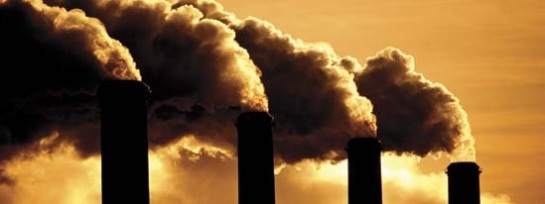By: Chris Burke
Time for the politicians, people, and business leaders of Alberta to start accepting the obvious fact: The floods experienced in Calgary are going to turn into a more frequent occurrence unless serious action is taken on climate change. Serious action means decreasing, and eventually ending, production of the tar sands which are a serious contributor to greenhouse gas emissions.
In a more ideal world it wouldn’t take a disaster to get people to realize they need to do something to prevent more disasters from happening in the future, sadly that’s the way the wind blows. The destruction brought upon New York by Hurricane Sandy was necessary for officials there to start paying attention to the reality that New York is vulnerable to extreme weather events. Whether this will turn into a commitment to mitigate and adapt to climate change is another matter.





